Some people shy away from trauma treatment.
Even though their emotional pain is unbearable and isolating.
Even though they struggle daily with the scars left behind by broken attachments and painful tragedies. Some people even try to navigate the confusing symptoms of PTSD alone.
Somewhere along the way, trauma turned their lives inside out; but perhaps the outdated stigma of therapy, or the idea of rehashing the worst pain of their lives, keeps them away from seeking help.
Fortunately, talk therapy alone is not the only way, nor even the most effective way, of resolving and integrating trauma.
Research indicates that one very effective methodology is called Eye Movement Desensitization Reprocessing. EMDR is a safe and proven treatment available from a trained therapist to assist you or someone you care about in processing traumatic events in about half the time of traditional talk therapy alone.
Consider the following 5 reasons EMDR is such an effective trauma treatment
1. EMDR is a process that helps integrate your entire nervous system.
People who have experienced trauma may find that it remains with them in the form of disruptive emotions, sensations, or responses. The nervous system may not be able to return to its natural resting space because the trauma is being stored in the body. EMDR allows you to deal with these emotions, sensations, and responses directly, with an impressive amount of accuracy.
According to the EMDR Network, “The goal of EMDR therapy is to process completely the experiences that are causing problems, and to include new ones that are needed for full health. ‘Processing’ does not mean talking about it. ‘Processing,’ means setting up a learning state that will allow experiences that are causing problems to be ‘digested’ and stored appropriately in your brain. That means that what is useful to you from an experience will be learned, and stored with appropriate emotions in your brain, and be able to guide you in positive ways in the future.”
2. EMDR therapy takes advantage of our brain’s natural inclination toward healing.
Often, there are mental blocks that get in the way of healthy trauma treatment. EMDR therapists believe there is no reason to assume that healing from trauma necessitates a long recovery time. If a block exists, you will likely find that stress and anxiety will dissipate due to EMDR. The method has been found to help clients regain the mental processes and reasoning previously unaffected by other treatments.
3. EMDR gives you the tools to make important mental connections.
Through bilateral stimulation, emotional responses are transformed and resolved. EMDR’s standardized treatment strategy hones in on past memories, current challenges, and helpful future actions that can lead to healing. Impressively, the results of recent research show that more than 80% of single-trauma victims experience freedom from PTSD following just three, 90-minute sessions.
4. EMDR has been shown to yield results in as few as 3-5 treatments during office sessions.
You and your therapist spend session time redirecting your brain and nervous system’s reactions to your trauma through simple bilateral tapping and the therapist’s verbal guidance. Because therapy is focused and unambiguous, participants find that the insights and relief gleaned through EMDR are clearly their own, not those arrived at by the interpretation or direction of their therapists.
5. EMDR trauma treatment elicits immediate relief which bolsters further recovery.
Trauma is devastating because it leaves the victim feeling out of control or helpless. EMDR trauma treatment empowers the client. Participants experience a sense of openness and emotional awareness that allows for improved outlook and decision-making. This leads to better, healthier, and more permanent recovery moving forward.
Traumatic memories can live and manifest inside you, holding you in a vice grip of fear and isolation for a very long time. You deserve to recover.
With help, you can receive clear, effective trauma treatment, and finally move a tragic past out of your present life.
Talk to your therapist about EMDR. Live well, without the weight of unprocessed pain.


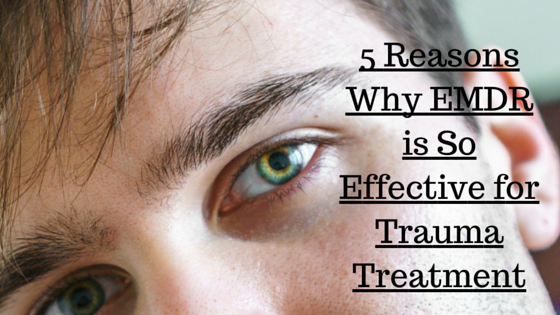

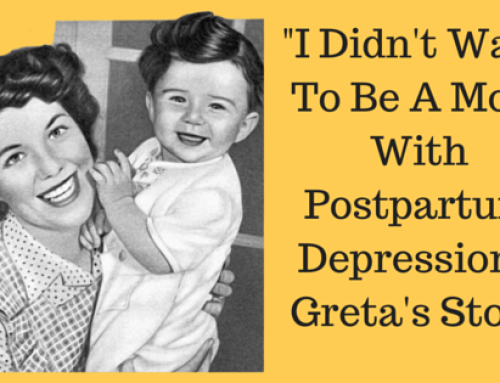
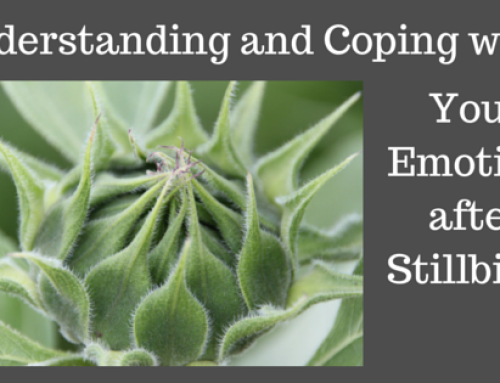
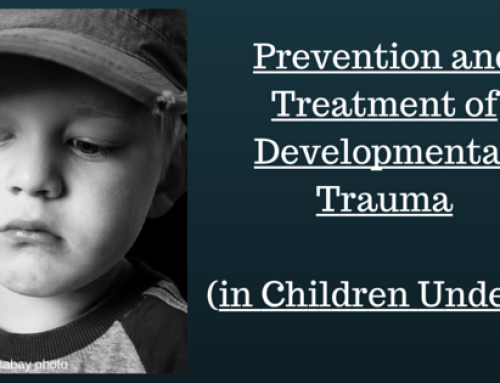
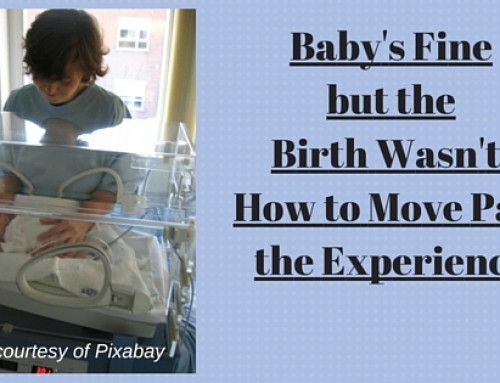
Leave A Comment